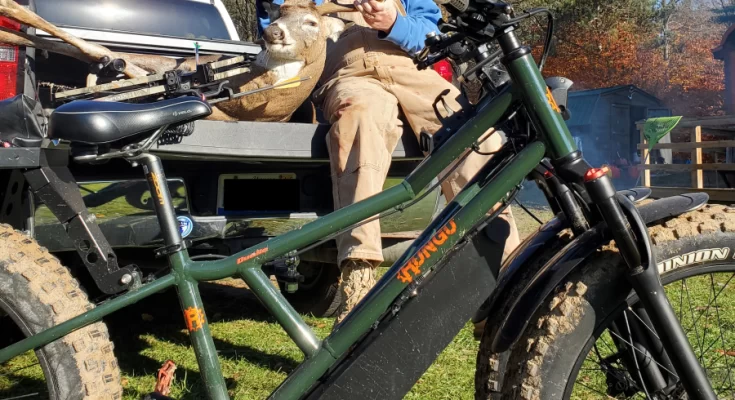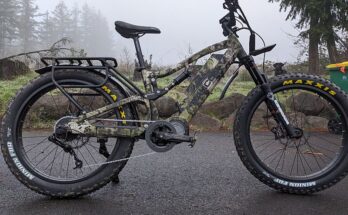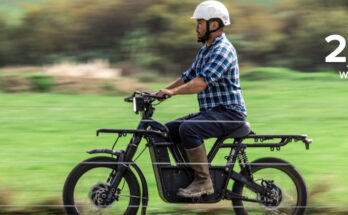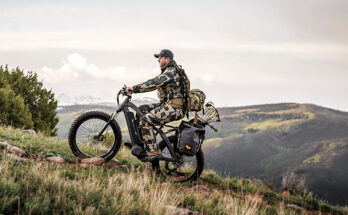Embarking on the thrilling convergence of hunting and electric bikes prompts a fundamental question: Do you need a license to ride an eBike for hunting? As the world of outdoor enthusiasts increasingly embraces the electric revolution, the regulatory landscape can be as varied and diverse as the terrains hunters traverse. In this exploration, we delve into the intricacies surrounding licensing requirements, unraveling the legal considerations that accompany the fusion of eBikes and hunting pursuits. Whether you’re a seasoned hunter or a newcomer to the exhilarating realm of electric biking, understanding the licensing nuances is crucial to ensure your outdoor adventures unfold within the bounds of the law. Join me as we navigate the regulatory terrain, shedding light on whether your eBike ventures in pursuit of game require a license, and how these regulations may shape the landscape of your next hunting expedition.
Do You Need a License to Ride an eBike for Hunting?
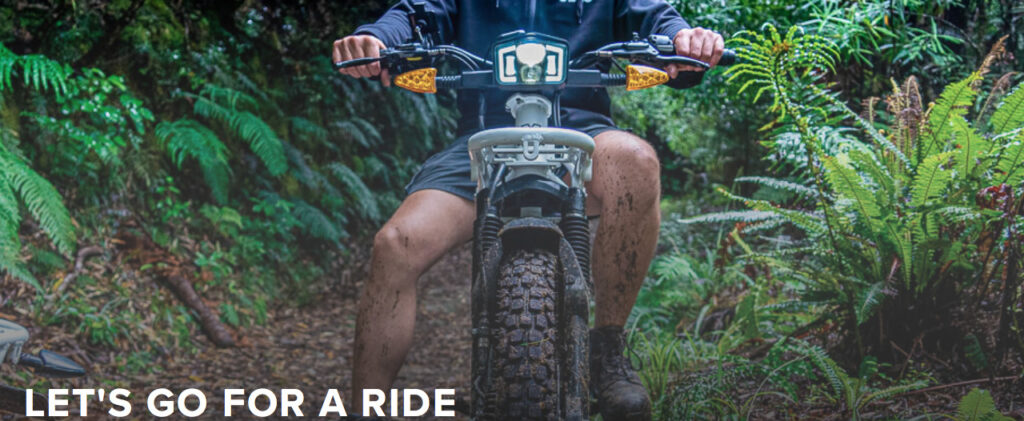
The intersection of electric biking and hunting sparks inquiries into the necessity of a license for this dynamic outdoor pursuit. Across various jurisdictions, the regulations surrounding eBikes and hunting can be as diverse as the landscapes hunters explore. As of my last knowledge update in January 2022, the licensing requirements for riding an eBike while hunting differ widely.
In some regions, eBikes may be classified similarly to traditional bicycles, often exempting riders from licensing requirements. However, the introduction of electric assistance may alter this classification, prompting the need for adherence to specific regulations.
Conversely, certain areas may impose licensing obligations, treating eBikes as motorized vehicles due to their electric propulsion. This might necessitate licenses or permits, mirroring requirements for other motorized modes of transportation.
Understanding the local laws and regulations governing eBike use for hunting is crucial. Keeping abreast of updates and consulting relevant authorities ensures compliance with licensing requirements, preventing any legal complications during your hunting expeditions.
It’s important to note that regulations can evolve, and specifics may vary based on your location. Therefore, for the most accurate and current information, reaching out to local wildlife agencies, hunting authorities, or checking the latest legislative updates becomes integral in navigating the licensing landscape for eBike use in the context of hunting.
Electric Bike Laws and Classes
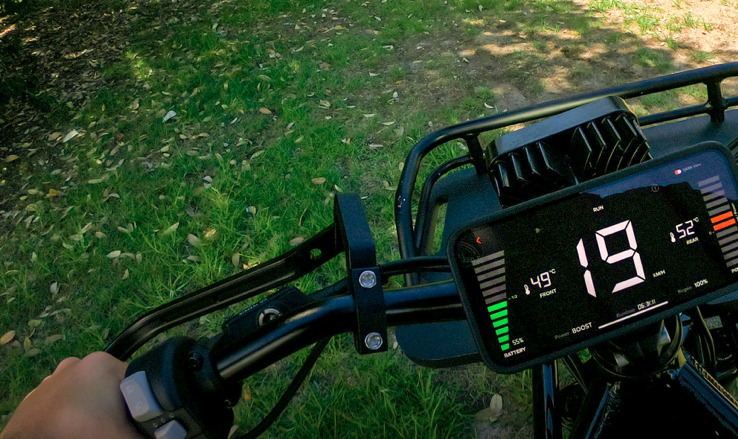
Electric bike laws and classes form a complex yet essential framework governing the usage of these innovative two-wheelers. These regulations are crucial for ensuring rider safety, harmonizing with existing traffic laws, and addressing the diverse capabilities of electric bikes. As of my last knowledge update in January 2022, these laws can vary across jurisdictions, but general trends can be identified.
Classes typically categorize electric bikes based on their power and speed capabilities. Class 1 eBikes provide assistance only when pedaling, with a maximum speed often limited to 20 mph. Class 2 eBikes feature a throttle, enabling electric propulsion without pedaling, with the same speed limitation. Class 3 eBikes assist while pedaling but with a higher maximum speed, often capped at 28 mph.
Laws may dictate where eBikes can be ridden, with some permitting their use on bike paths and others restricting them to roads. Helmets may be mandatory, and age restrictions might apply.
Understanding these classes and associated laws is vital for riders to ensure compliance. Checking local regulations and staying informed about any updates is paramount, as laws can evolve with the increasing popularity of electric bikes.
In summary, electric bike laws and classes aim to strike a balance between promoting sustainable transportation and safeguarding public safety. Riders should familiarize themselves with local regulations to enjoy the benefits of electric biking within legal boundaries.
Will You Need to Ride a Less Powerful Hunting eBike to Stay Legal?
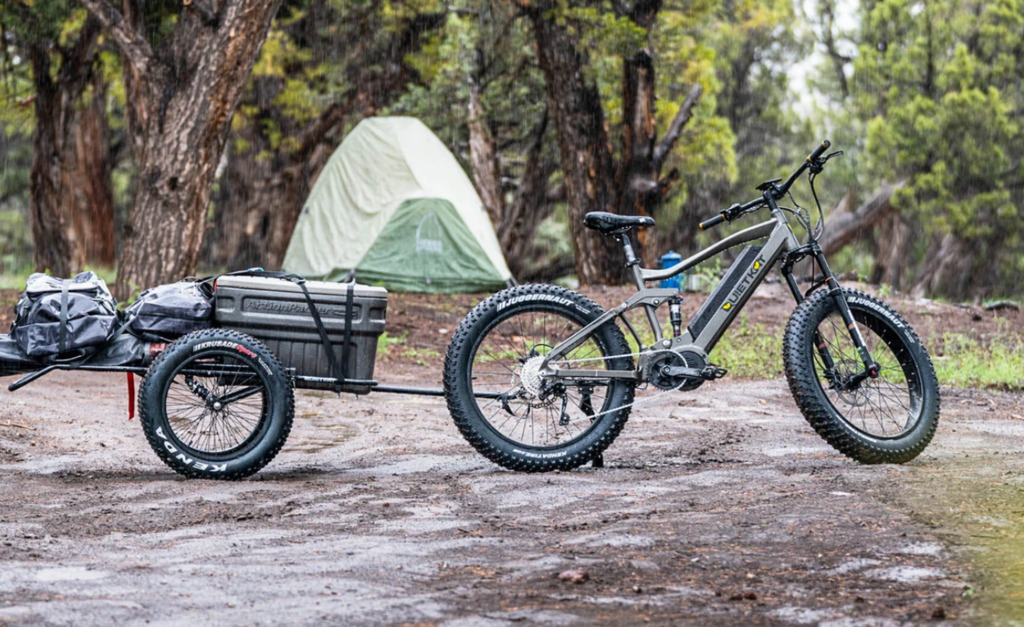
Navigating the legal landscape of hunting with electric bikes often hinges on understanding the power and speed limitations imposed by local regulations. While laws can vary, especially considering the class distinctions in eBikes, there are instances where riders might need to opt for a less powerful eBike to stay compliant with the law.
Some jurisdictions have specific requirements for hunting eBikes, aligning them with certain classes defined by their power and speed capabilities. Class 1 and Class 2 eBikes, typically limited to 20 mph, may be more widely accepted on trails and in hunting areas due to their resemblance to traditional bicycles. In contrast, Class 3 eBikes, which can reach speeds up to 28 mph, might face more stringent regulations, including restrictions on where they can be ridden.
Choosing a less powerful hunting eBike might be a practical solution to stay legal in areas with strict regulations. This decision not only ensures adherence to speed limits but also aligns with the environmental and noise considerations often associated with hunting.
To remain compliant, hunters should thoroughly research and understand local eBike regulations, emphasizing the importance of selecting an eBike that meets the specific criteria outlined by authorities. Staying informed about any changes or updates to these laws ensures a responsible and legal eBike experience while hunting.
Conclusion
In the quest to harmonize the thrill of hunting with the innovation of electric bikes, the question of whether a license is required to ride an eBike for hunting unveils a nuanced tapestry of regulations. As we conclude this exploration, it becomes evident that the need for a license varies widely depending on the jurisdiction and the classification of the eBike. While some areas treat eBikes as akin to traditional bicycles, exempting them from licensing requirements, others categorize them as motorized vehicles, necessitating adherence to specific licensing regulations.
The dynamic nature of these regulations underscores the importance of hunters understanding and complying with local laws. It is not merely a matter of legality but a commitment to responsible and safe hunting practices. Staying informed about the evolving landscape of eBike regulations ensures that hunters can seamlessly integrate this innovative mode of transportation into their pursuits while respecting the legal frameworks that govern their adventures. In the evolving synergy between technology and the great outdoors, the pursuit of hunting with eBikes becomes a testament to the balance between embracing innovation and respecting the laws that safeguard our shared natural spaces.

